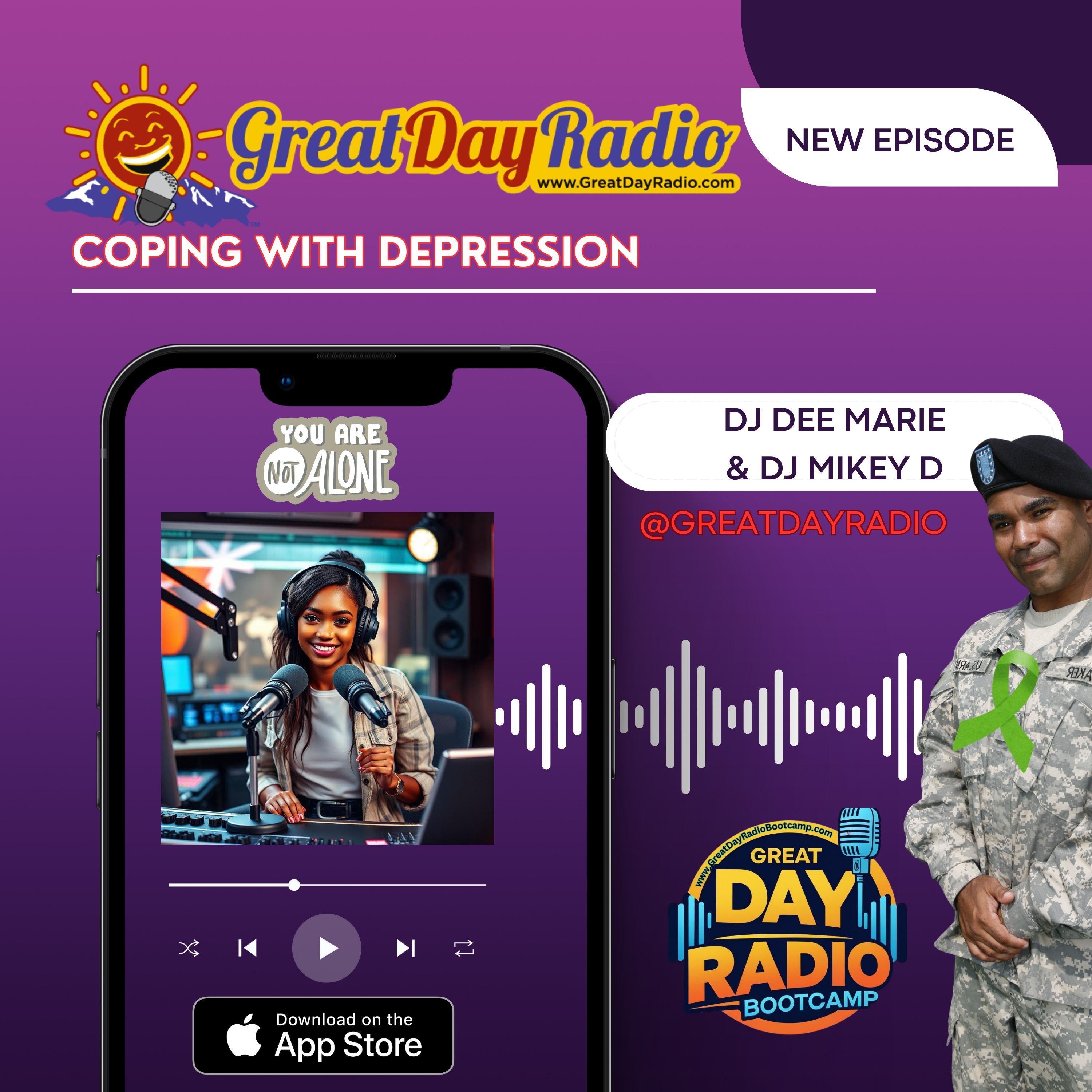Leadership in Crisis: The True Cost of Absence
94 confirmed deaths. Crucial weather service positions vacant. A senator on vacation. Our latest episode examines the perfect storm of leadership failure and infrastructure collapse that led to Texas's deadly flooding disaster. What should voters remember?
When disaster strikes, communities look to their leaders for guidance, support, and action. Yet, as we've seen repeatedly, political leadership can be conspicuously absent during the most critical moments. The recent devastating floods in Texas that claimed 94 lives have once again highlighted this troubling pattern of leadership absence during crises, raising profound questions about accountability and responsibility in public service.
While Texans were drowning and rescue workers desperately searched for missing children from a Christian summer camp, their senator was photographed sightseeing at the Parthenon in Athens. This wasn't an isolated incident but rather part of a disturbing pattern. In 2021, during Winter Storm Uri, the same senator made headlines for fleeing to Cancun while millions of his constituents suffered without power or water in freezing conditions. The parallels between these two crises are striking and suggest a fundamental misunderstanding of leadership responsibility.
The response to confrontation reveals even more about leadership priorities. When confronted at the Parthenon about the deaths back home, eyewitnesses reported the senator merely grunted and continued his tour, while his wife shot the person a dirty look. This dismissive reaction to legitimate concerns about constituent welfare speaks volumes about the disconnect between some elected officials and the people they're meant to serve. It raises the question: what is the true purpose of political leadership if not to be present and engaged during moments of community suffering?
The crisis was exacerbated by severe understaffing at National Weather Service offices across Texas. Key positions—warning coordination meteorologist, science officer, senior hydrologist, and other crucial forecasting roles—remained vacant when the disaster hit. These weren't merely administrative positions but essential roles for predicting and responding to weather emergencies. The vacancies weren't accidental but resulted directly from funding cuts that led to approximately 560 workers being let go, leaving critical positions unfilled precisely when they were needed most.
The compound failure of leadership absence and infrastructure deficiency created a perfect storm that had devastating consequences. Without proper weather service staffing, communities received inadequate warnings. Without engaged leadership, coordination faltered. The system was essentially crippled before the crisis even began, and the result was measured in human lives lost. This is what happens when multiple systems fail simultaneously—when leadership is absent, infrastructure is undermined, and emergency services are understaffed.
Social media has transformed the accountability landscape for public officials. The Parthenon incident was reported almost immediately, with eyewitness accounts spreading across platforms within hours. Twenty years ago, such an absence might have gone unnoticed for weeks, but today's connected world makes leadership failures immediately visible to constituents and voters. This increased transparency should theoretically lead to greater accountability, yet patterns of leadership absence persist, suggesting deeper systemic issues.
Moving forward requires a multi-layered approach to prevent similar failures. We need clear protocols about leadership responsibilities during emergencies, but more importantly, we must address the systemic issues: proper funding for weather services, maintained infrastructure, and robust emergency response systems. Voters must remember these critical moments when assessing their leaders—not just campaign promises or public statements, but actions during times of community suffering. These crisis moments strip away political theater and reveal exactly what our leaders truly value.
Leadership isn't merely about holding office—it's about being present when it matters most. The expectation for elected officials to remain engaged during crises isn't simply symbolic but a fundamental aspect of their role as public servants. When leaders fail to demonstrate this dedication, it erodes public confidence in governmental systems and fuels skepticism about politicians' true motivations. True leadership is revealed not during comfortable moments of prosperity, but in how one responds when communities are in their darkest hours of need.
"These crisis moments strip away political theater and show us exactly who our leaders are." We explore the pattern of leadership absence during emergencies and what it reveals about priorities. Is being there when it matters a lost art in politics?
Great Day Radio Sources:





